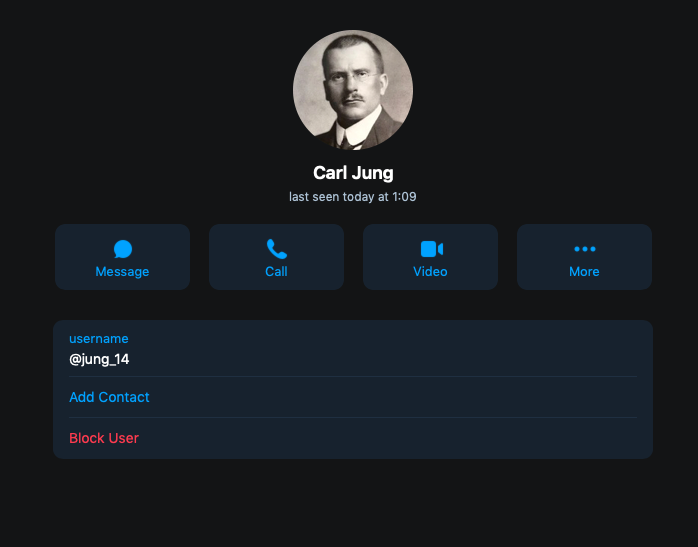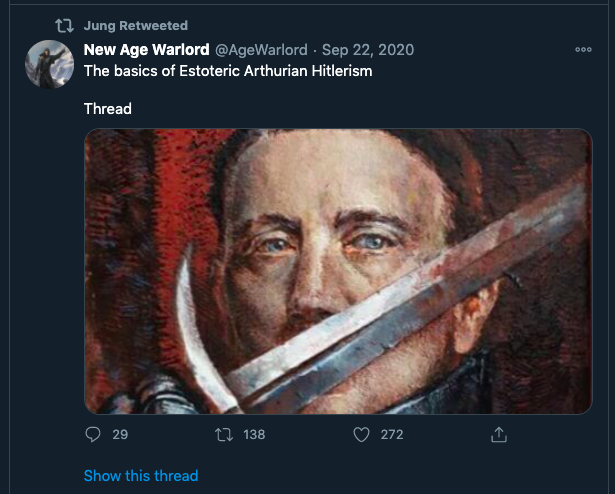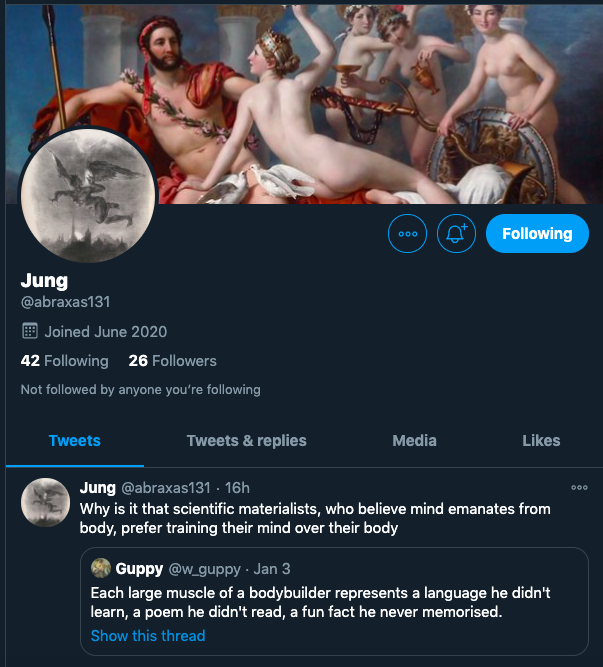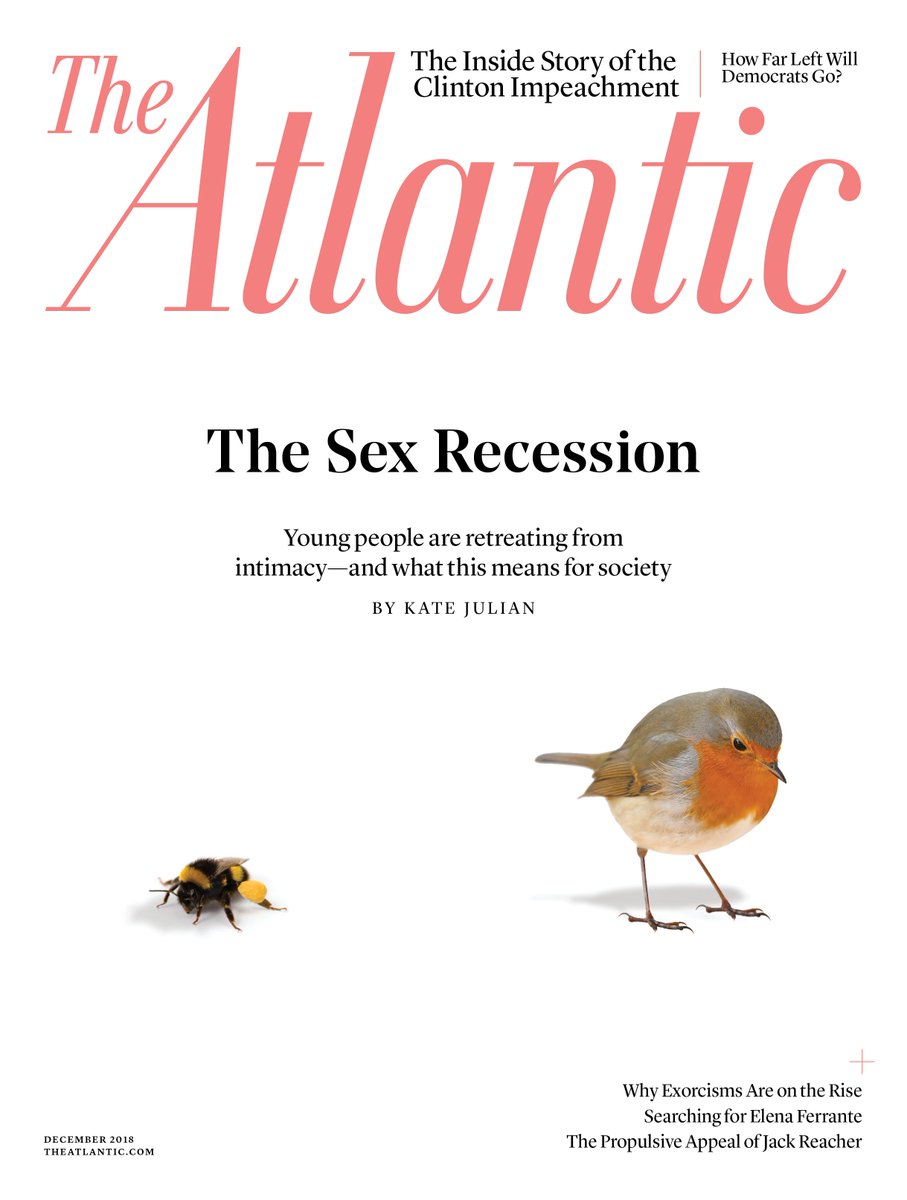Coders focus just on writing code to make something work. Engineers take a much wider view, focusing on both the problem and every aspect of the solution. 🤓
SocialCops’ 10 (base 10) Engineering Commandments — the values that drive everything for the #Engineering Team #InsideSocialCops 🙌
(Thread👇) Tell us if you can relate to any of these? Do you have your own values that guide your decisions? Share them with us! ⛳
Coders focus just on writing code to make something work. Engineers take a much wider view, focusing on both the problem and every aspect of the solution. 🤓
It's not wise to waste time building tools or libraries if there’s already something that does the same job! Wherever possible, extend existing libraries and contribute back to the community. 💁♀️
Every choice we make on our platform and every feature we build stands up to a responsibility — helping people make more data-driven decisions and bring about real change for millions of people. 💪
Failing fast is about doing lots of fast iterations and learning from each, rather than getting stuck on one solution or decision. 👊
Knowing your build inside and out is a crucial part of engineering. It’s not enough to know what will work and when it’ll work. It’s just as important to know what won’t work and when it won’t work. 🚧
There is never a magical problem or a random occurrence. We expect our engineers to figure out what caused a break, not throw their hands in the air and proclaim that it’s just broken — find what is happening under the hood. 🕵️♀️
While our products help organizations make better data-driven decisions, it is important for us to measure everything that we can to figure out the next course of actions. 📊
Our base tendency should be to automate wherever possible, rather than doing tasks manually — automation gives us more time to work on building the actual product. ✔️
Pick the right battles to fight at the right time. If you optimize too early, you’ll spend and re-spend lots of time and still come out with not the most optimized solution. 🙅
Stuck or confused? 🤔 Just ask your fellow engineers! Someone will have a solution, or at least an idea to help you get started on the right path. ➡️
More from Society

Edward Stuart, from Chester, New Hampshire, has been a member of Nationalist Social Club (NSC) since the very beginning and is a staple participant in their actions. He is known in NSC chats as "Carl Jung" and is well connected in the New England Nazi scene.
2/

NSC-131 is a neo-Nazi group that was started in Massachusetts in early 2020 by Chris Hood. You can learn more about NSC and it's members in these threads:
1/ Let\u2019s talk about a III%er turned Proud Boy turned Resist Marxism turned Patriot Front turned The Base affiliate.
— AntiFash Gordon (@AntiFashGordon) April 10, 2020
He now runs a new crew, the National Socialist Club, based on football hooliganism.\u2070\u2070
Some of you already know him.\u2070\u2070
His name is Chris Hood, of Boston, MA. pic.twitter.com/nXAxWugHcu
Eddie describes his ideology as "Esoteric Hitlerism" which is an occult form of Nazism that literally worships Adolf Hitler as a god, or, specifically, as an incarnation of the Hindu God Vishnu. Here is Ed holding the RigVeda with some of his occult Nazi pals. Interesting Ed!
4/

Much of this ideological insight was gained from Eddie's Twitter, where he originally used his "Carl Jung" persona and reposts explicit neo-fascist content and racist memes. In one edited picture, Eddie can be seen at an NSC event in late June 2020 holding a Nazi Sonnenrad flag
5

https://t.co/eXLNam2gv4

Good. Fuck Rush Limbaugh, and let the celebration about his death be a reminder to the rest of the racists and bigots that we\u2019ll happily dance on your graves too.
— Chris Kluwe, Irredeemable Pudgy Nobody (@ChrisWarcraft) February 17, 2021
While this will likely to be the case, this should not be an automatic cause for concern. Cases could still remain contained.
Here's how: 🧵
One of @CDCgov's own models has tracked the true decline in cases quite accurately thus far.
Their projection shows that the B.1.1.7 variant will become the dominant variant in March. But interestingly... there's no fourth wave. Cases simply level out:
https://t.co/tDce0MwO61

Just because a variant becomes the dominant strain does not automatically mean we will see a repeat of Fall 2020.
Let's look at UK and South Africa, where cases have been falling for the past month, in unison with the US (albeit with tougher restrictions):

Furthermore, the claim that the "variant is doubling every 10 days" is false. It's the *proportion of the variant* that is doubling every 10 days.
If overall prevalence drops during the studied time period, the true doubling time of the variant is actually much longer 10 days.
Simple example:
Day 0: 10 variant / 100 cases -> 10% variant
Day 10: 15 variant / 75 cases -> 20% variant
Day 20: 20 variant / 50 cases -> 40% variant
1) Proportion of variant doubles every 10 days
2) Doubling time of variant is actually 20 days
3) Total cases still drop by 50%
You May Also Like
For three years I have wanted to write an article on moral panics. I have collected anecdotes and similarities between today\u2019s moral panic and those of the past - particularly the Satanic Panic of the 80s.
— Ashe Schow (@AsheSchow) September 29, 2018
This is my finished product: https://t.co/otcM1uuUDk
The 3 big things that made the 1980's/early 1990's surreal for me.
1) Satanic Panic - satanism in the day cares ahhhh!
2) "Repressed memory" syndrome
3) Facilitated Communication [FC]
All 3 led to massive abuse.
"Therapists" -and I use the term to describe these quacks loosely - would hypnotize people & convince they they were 'reliving' past memories of Mom & Dad killing babies in Satanic rituals in the basement while they were growing up.
Other 'therapists' would badger kids until they invented stories about watching alligators eat babies dropped into a lake from a hot air balloon. Kids would deny anything happened for hours until the therapist 'broke through' and 'found' the 'truth'.
FC was a movement that started with the claim severely handicapped individuals were able to 'type' legible sentences & communicate if a 'helper' guided their hands over a keyboard.


















